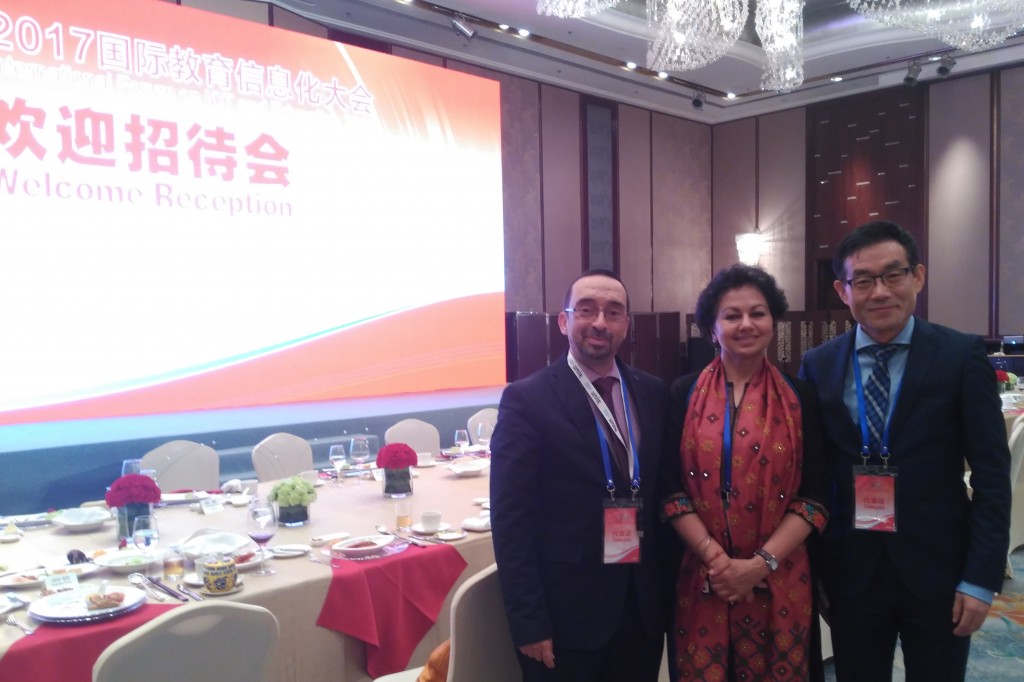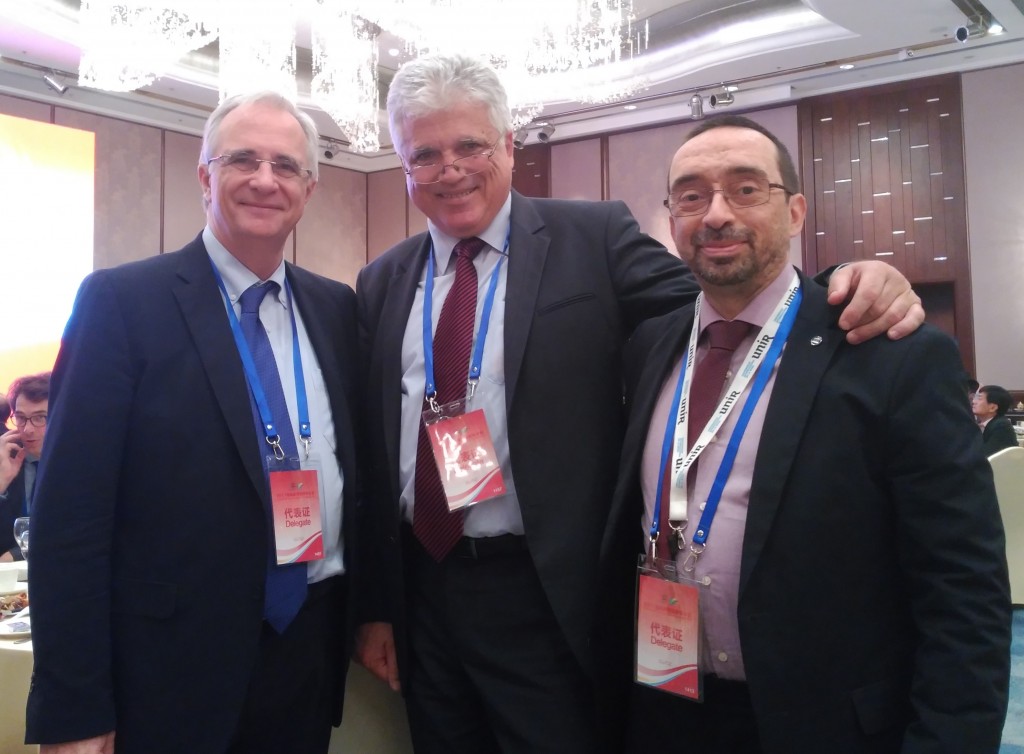Just policy is not enough
We need to complement policy advocacy and well-founded good-willing concerns with specific actions and clear implementation plans
In July, 10-11, the II International Forum on ICT and Education 2030, was led by UNESCO, as a continuation of the I Forum in 2015 (ICT and Post-2015 Education), where the Qingdao Declaration was written and approved. This time, a statement highlighted the most relevant parts of that declaration with a twist on Open Education and a stress on access and diversity. Over 400 people from 100 countries shared two days and dozens of presentations and discussions about where Education goes aiming at 2020 and 2030. This is a huge organizational and personal effort from the co-organizers and the host (including Ministry of Education of the People’s Republic of China, Chinese National Commission for UNESCO, Shandong Provincial Education Committee and Qingdao Municipal Bureau of Education and Weidong Group), with lively interaction and interesting ideas on the table, from across the World.
 With Asha Kanwar, Professor, President and CEO of Commonwealth of Learning (COL) and Fengchun Miao, Chief of the Unit for ICT in Education at UNESCO HQs
With Asha Kanwar, Professor, President and CEO of Commonwealth of Learning (COL) and Fengchun Miao, Chief of the Unit for ICT in Education at UNESCO HQs
Which seems clear is that we need to complement policy advocacy and well-founded good-willing concerns with specific actions and clear implementation plans. In the same line that a MOOC should not be launched without a business/implementation/sustainability plan, a policy on Education that targets specific groups from Primary to Higher through Secondary, and beyond (i.e. Vocational, Elder, Informal, Competence-based, etc.) requires a set of actions and committed actors.
UNESCO, the International Council of Open and Distance Education (ICDE) and the Commonwealth of Learning (COL), usually organizers, representatives and participants in these fora require pushing a step towards actual implementation. Specific steps, concrete actions, clear metrics, with a caring but strict project management and planning based on evidence, results and impact. And the other stakeholders must commit along: Universities, faculty, students, parents, grandparents, administrative staff, school principals, unions, networks, user associations, cooperatives, NGOs, SMEs, large enterprises, government layers and others.
 With Carlos Delgado Kloos and Roumen Nikolov, fellow UNESCO Chair holders in Spain and Bulgaria
With Carlos Delgado Kloos and Roumen Nikolov, fellow UNESCO Chair holders in Spain and Bulgaria
Congresses are needed; discussion is welcome; and field work is compulsory. We can keep talking about openness, access and any of the other UN’s Sustainable Development Goals (SDG), to take a framework as a base. But we must push more, further, higher, stronger. Just policy is not enough. As Prof. Dr. Federico Mayor Zaragoza (Director General of Unesco 1987-1999) recently shared with our community: we, the people, also need to take theory into action.
